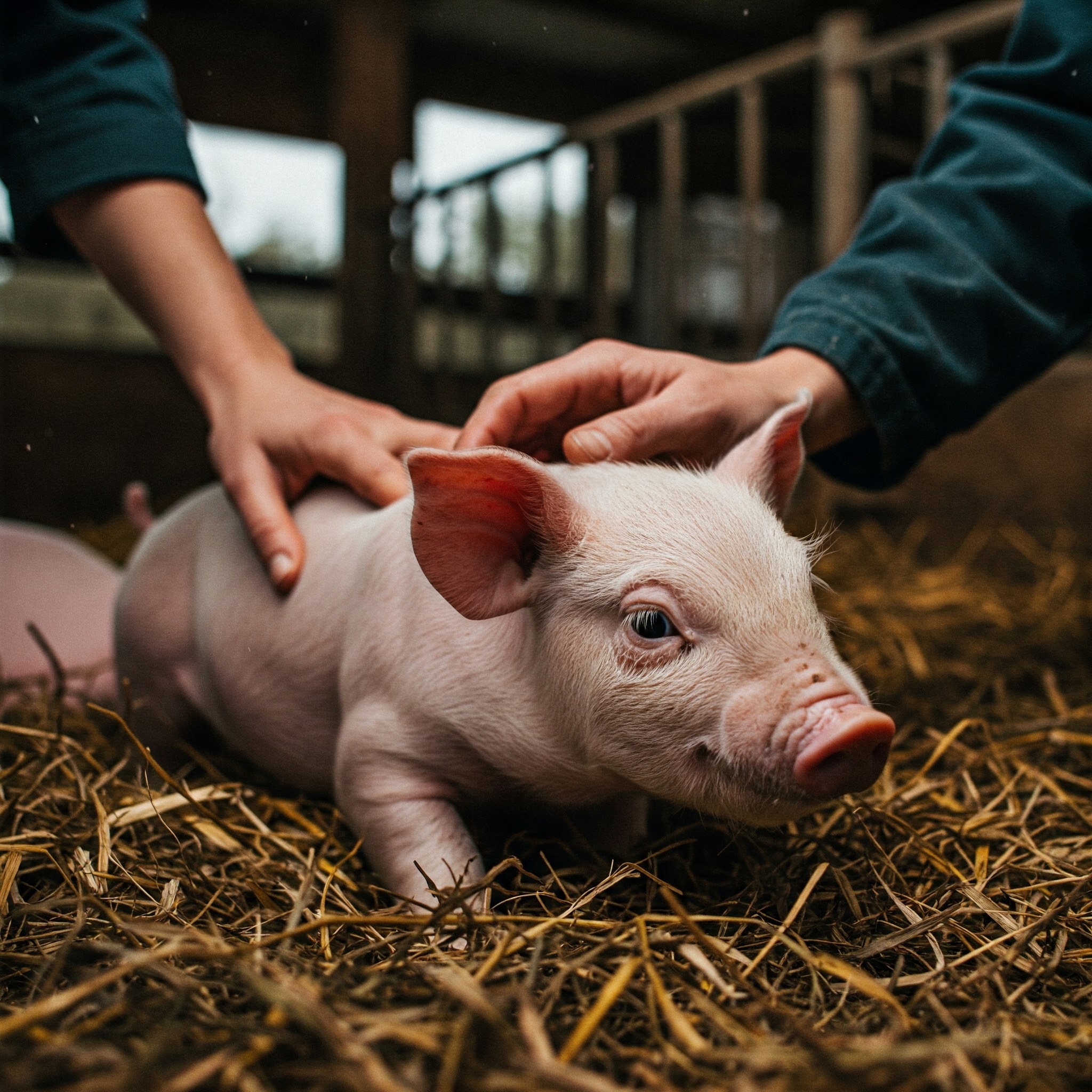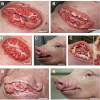
How to Care for Pigs: A Comprehensive Guide
How to Care for Pigs: A Comprehensive Guide
Pigs are intelligent and social animals that can make great additions to any farm. However, they require proper care to ensure their health and well-being. This article provides a comprehensive guide on how to care for pigs.
Housing
Pigs need a clean, dry, and well-ventilated shelter. The shelter should be large enough to accommodate all the pigs, with enough space for them to move around freely. The shelter should also be fenced in to prevent the pigs from escaping.
Feeding
Pigs are omnivores and can eat a variety of foods, including grains, fruits, vegetables, and meat. They should be fed a balanced diet that meets their nutritional needs. The amount of food a pig needs will depend on its age, weight, and activity level.
Water
Pigs need access to clean, fresh water at all times. They should have a water trough or other container that they can drink from. The water should be changed daily to prevent it from becoming contaminated.
Health care
Pigs are susceptible to a variety of diseases. It is important to vaccinate pigs against common diseases and to monitor them for signs of illness. If a pig becomes ill, it should be treated by a veterinarian.
Other care considerations
In addition to the basic care requirements listed above, there are a few other things to keep in mind when caring for pigs. These include:
- Socialization: Pigs are social animals and need to be around other pigs. They should not be kept in isolation.
- Enrichment: Pigs are intelligent animals and need to be provided with enrichment activities to keep them mentally stimulated. This can include providing them with toys, allowing them to root around in the dirt, and giving them access to pasture.
- Grooming: Pigs need to be groomed regularly to remove dirt and parasites. They should also have their hooves trimmed regularly.
Tips for success
Here are a few tips for success in caring for pigs:
- Start with healthy pigs. When purchasing pigs, be sure to buy them from a reputable breeder.
- Provide a clean and safe environment. Pigs are susceptible to disease, so it is important to keep their shelter clean and free of hazards.
- Feed a balanced diet. Pigs need a variety of nutrients to stay healthy.
- Monitor your pigs closely for signs of illness. If you notice a pig acting strangely, consult a veterinarian.
- Be patient. Pigs can be challenging to care for, but they can also be very rewarding.
Conclusion
Caring for pigs is a rewarding experience. By following the tips in this article, you can help your pigs live long, healthy, and happy lives.




